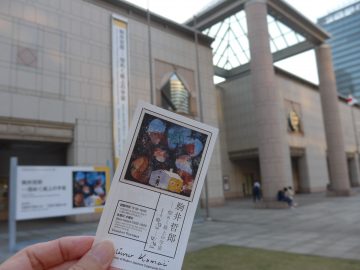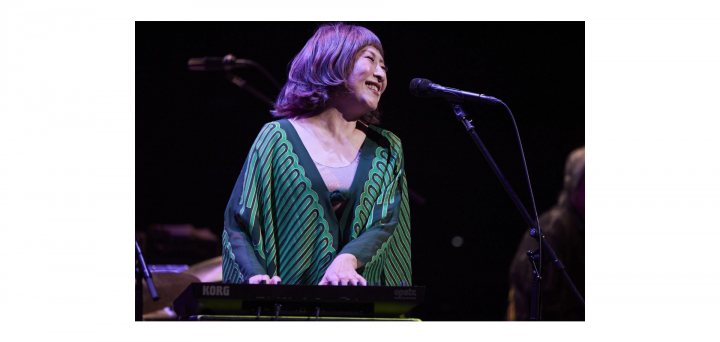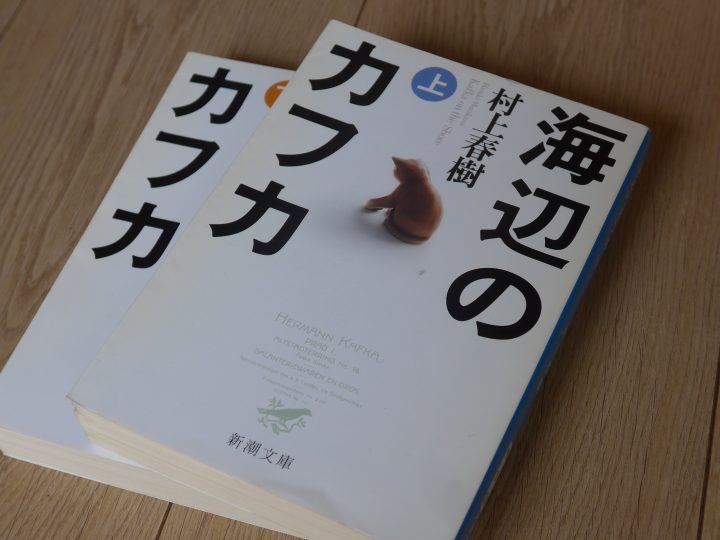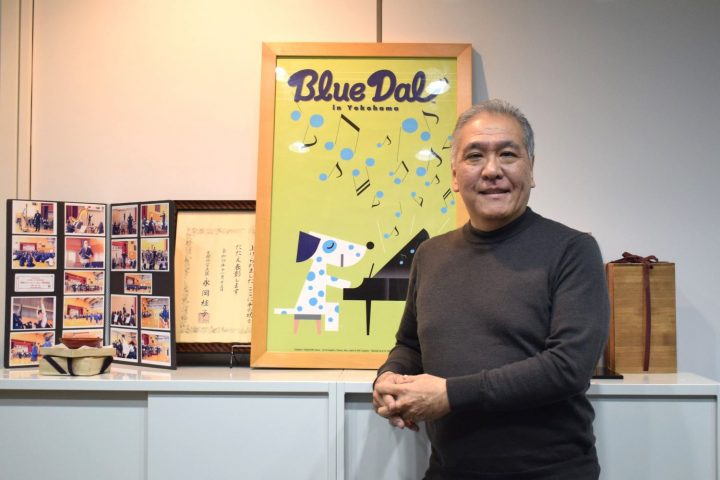Interview with blind pianist Takeyuki Hashimoto: his life story and future prospects
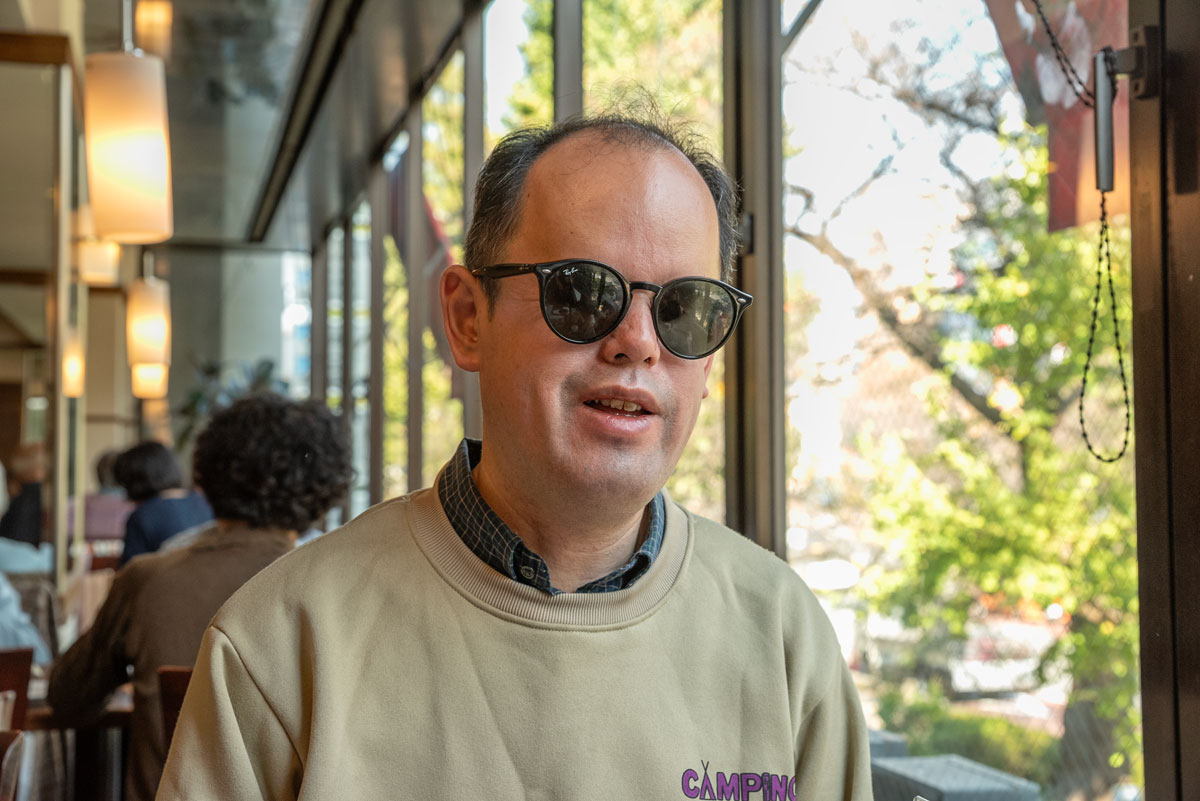
Despite being blind, Kakehashi Takeshi won second place at the 1998 Long-Thibaud International Piano Competition. He is a pianist with an illustrious career, including winning the Warsaw Mayor's Prize at the 14th International Chopin Piano Competition. At one month old, he had his right eye removed due to retinoblastoma, and later his left eye removed as well. After six years at a public elementary school, he went on to study at the preparatory school of the University of Music and Performing Arts Vienna in Austria. He currently performs frequently in Kanagawa Prefecture, including appearing in the "Classic Yokohama: Living ~2024 Concert to Support Young Lives." We spoke to him about his 26 years with his mentor, his past activities, and his future goals.
He became blind shortly after birth and studied in Vienna as a junior high school student.
-I read your book "Always There's Light in Me." It's an autobiography that describes your life from childhood until you were about 25 years old. Your father was a former viola player with the NHK Symphony Orchestra, and your mother was a vocalist who taught you piano and singing at home. You showed a strong interest in music from an early age and showed signs of talent, so your mother wanted you to attend a regular elementary school.
Mr. Kakehashi: At the time, schools for the blind were the only option for blind children, but my mother believed it was important for her to have the opportunity to be in contact with nature and learn together with normal children. She spoke with the school and the Board of Education, and supporters collected signatures. After I entered a normal elementary school, a braille translation volunteer translated my textbooks into braille so that I could understand by touch, and my family made illustrations for the textbooks out of cloth. I was able to study thanks to the cooperation of many people.
-I heard you also tried dodgeball and monkey bars. Were you not scared?
Mr. Kakehashi was scary. Especially the monkey bars, because if your hands come off the bars you fall to the ground, so it's scary just thinking about it. The sound of the ball flying towards you or hitting you still scares me. If it hits your face you'll get a nosebleed.
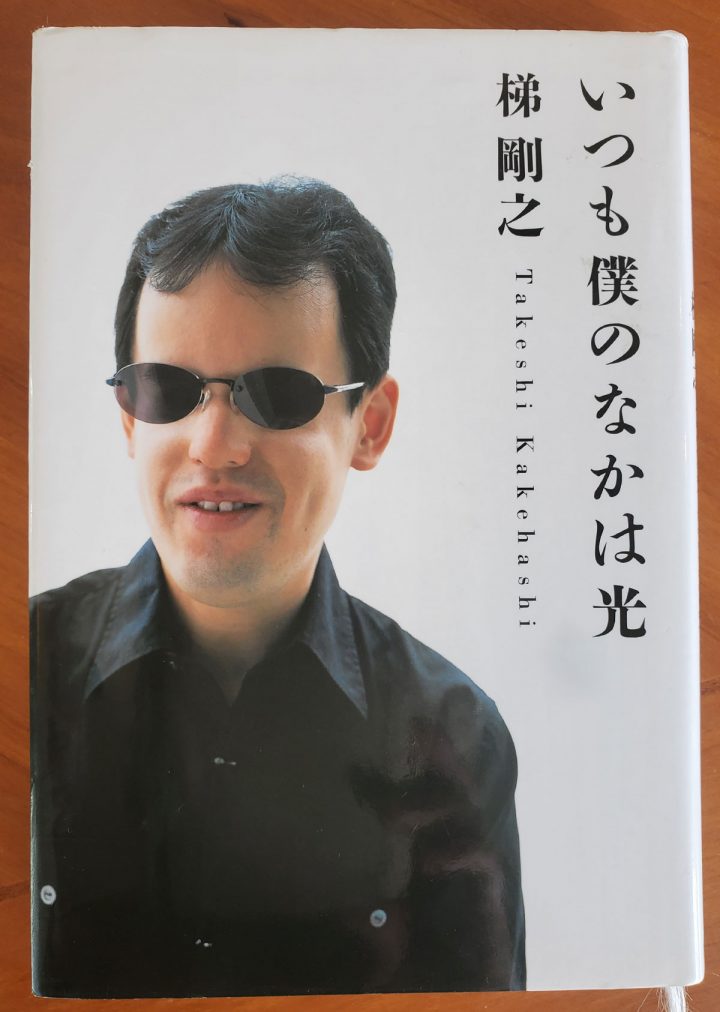
-So you learned everything by throwing yourself into it. After graduating from elementary school, you immediately went to Vienna to study.
Mr. Hashimoto : Yes. I wanted to go to a junior high school attached to a music university in Japan, but I was denied the entrance exam. So I decided to try applying to the preparatory school at the University of Music and Performing Arts Vienna, which allows blind people to enter as long as they excel in music.
-German is the official language of Austria, so I imagine it was a difficult decision.
Mr. Kakehashi: The Kakehashi family's policy has always been to try even when we hit big obstacles, even if we fail, and to just keep trying. In society, there are many doors that are closed to people with disabilities. When you hit an obstacle, you grow and the people around you may change. There is an Okinawan saying, "Nankurunaisa." Just like this saying, I too have somehow managed to overcome obstacles in life, believing that if I keep trying, a path will open up someday.
The secret behind the transparent tone
- I always feel as if my soul is purified by your delicate touch and the clear sound of your piano. In your book, you say that you particularly value the piano playing of your mentor, Professor Elisabeth Dvorak-Weishaar, saying that "my teacher's sound is elegant." Does this mean that you have inherited that tone?
I would be happy if Mr. Kakehashi could also carry on his legacy. His teaching is abstract, with students being told, "I think this way of playing is musical, so give it a try." They try, but it's difficult and they can't do it on the spot. Sometimes they can do it after practicing at home, and sometimes it takes years for them to realize what it was all about. Also, the teacher doesn't immediately nod, but patiently works through them until they produce a good sound. He has an extraordinary commitment to sound, and this attitude encourages the students' growth.
- I saw your photo and you are a beautiful woman. You seem strict, but I heard that saying "not bad" about your performance is a compliment.
Mr. Kakehashi is a very human and charming person, honest and forthright, with a fluctuating emotional nature. If I were to compare him to a plant, he would be as flexible as a willow, with a strong trunk, but his heart is as delicate as a leaf swaying in the wind. I once had a heated argument with the teacher, but the sound I want to produce is still his tone. His sound is precise and elegant, and is delicate yet powerful and positively expansive, and I find it wonderful.
- Mr. Kakehashi, you're blind, so it must be difficult for you to learn touch.
Mr. Kakehashi: Every pianist struggles to hone their touch, but I too have worked hard to improve my touch, climbing the ladder step by step. My mother would observe my teacher's posture and muscle use, and then she would teach me what she learned, and I would try it out for myself, over and over again.
- Your teacher wants you to play in a musical way. What does that mean specifically?
Mr. Kakehashi: To perform, it is important to have an open mind, but it is equally important to have a closed mind. In other words, you need to be someone who is open to the outside world and able to interact with others, but in some situations it is also important to have a sense of loneliness that makes you sink into the depths of your dark heart. As you often said, "art is something that cannot be explained," and it is difficult to express.
-Speaking of an open mind, I often see you come out to the lobby after your concerts and shake hands with your fans. Do you always do that?
Kakehashi : Yes. I like talking to people, and more than anything, I do it because it makes my fans happy. If I can make people happy and soothe their hearts with music, the only thing I'm good at, then nothing makes me happier.

What he wants to convey to the next generation and his future performance activities
-You are currently based mainly in Japan, but are you studying under anyone?
Mr. Kakehashi: I practice on my own, remembering all the instruction I received. When I learn a new song, I listen to it on YouTube, and I get help from my father, a viola player, to read the music. My father can't play the piano, so he plays each hand separately. I always get his help and effort. When I was young, I had a good musical instinct and memory, and I could play and memorize songs after hearing them just a few times, and once I played them, I could remember them even after years. But now I'm in my late 40s. Unfortunately, I'm feeling a decline in my memory, and it's a struggle.
-You are also involved in activities to spread music to the younger generation. Are you active in Kanagawa Prefecture as well?
Yes, Mr. Hashimoto . He also feels that it is important to pass on music to the next generation. One example is "Classical Music for Children," where he holds concerts at elementary schools around the country. In 2024, he held the event at Higashihongo Elementary School in Yokohama's Midori Ward. He hopes that music will make people feel closer to music, and that it will serve as an opportunity to find light and joy even in difficult times. For example, even if someone is feeling despair, listening to music can help them escape their problems, even if just for a moment. Then, if they can approach the problem again with a renewed sense of purpose, they may be able to overcome that difficult situation.
I also provide instruction to young musicians. It's important for the students to have a good musical sense, but I want to share everything I can with them.

-What kind of activities would you like to do in the future?
As I 'm getting older, I'd like to play more solemn pieces, Bach pieces that give a divine feeling. I'd also like to accompany German lieder.
-What is Deutsche Lied?
Mr. Kakehashi: It's a German song with German lyrics. Opera is performed by an orchestra, but a German lieder is performed with just a piano and singer. The lyrics broaden the world of performance, which is interesting, so I'd like to try it someday.
-Thank you very much. I look forward to your future activities.

Takeyuki Hashi
Official website: here
Classical Music for Children Official Website: Click here
